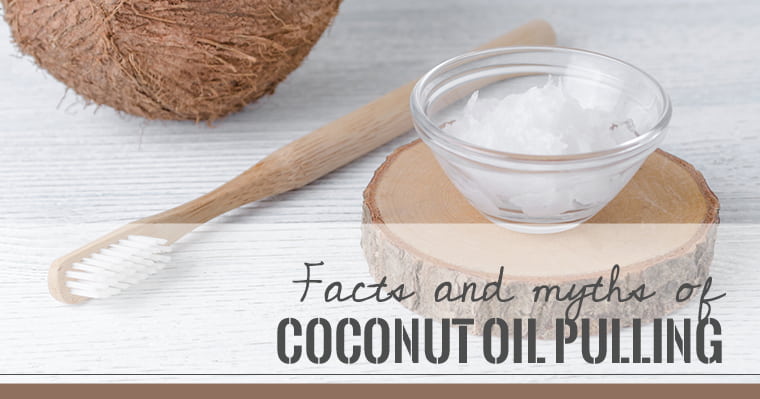Oil pulling is a practice in which dietary oil is whizzed around one’s mouth and then spit out. Unfortunately, there is a lack of proof to confirm the claims made for the advantages of oil pulling. As such, Dr. Hawryluk does not recommend you rely on this method for oral hygiene maintenance.
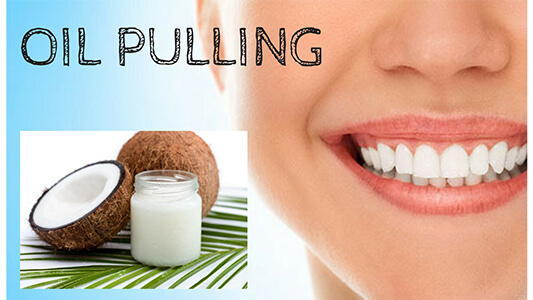
Oil pulling involves uses untreated plant oil (e.g., coconut, sesame, sunflower, olive, palm). Some maintain this practice has numerous advantages to your oral health, such as lightening teeth, toughening gums, and reducing plaque. In addition, some insist it has other perks like ache relief, lessening body diseases, and the purging of contagions. Some even say it offers help with ailments like migraines, diabetes, asthma, and acne. However, the phrase “oil pulling” alludes to the assumption that it pulls toxins from one’s system when the user spews out the oil solution. In particular, its promotors say it operates by pulling out toxins identified as “ama” in Ayurveda, but there is no concrete evidence to confirm this.
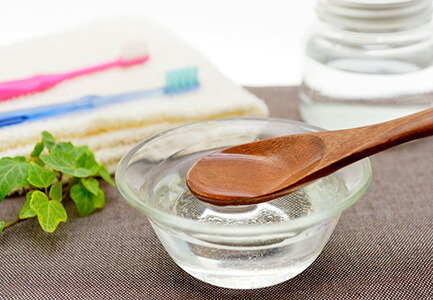
Dr. Hawryluk explains that oil pulling derives from classical Ayurvedic medicine, whose specialists use sunflower oil or other herbal oils. The concept of flushing one’s mouth started in the early Ayurvedic Indian natural medicine text Charaka Samhita, where “oil gargling” was portrayed as an organic treatment for oral ailments. It was unexplored in the western world until the 1990s. A doctor called F. Karach gave a lecture to a Ukrainian medical organization on how he used it to counteract his blood cancer. It didn’t burst into many “alternative societies” until the naturopath, and nutritionist Dr. Bruce Fife began proselytizing it in his 2008 book Oil Pulling Therapy: Detoxifying and Healing the Body Through Oral Cleansing. Dr. Fife gave enthusiastic explanations of the incredible things possible by swishing with coconut oil could accomplish. He went on to become the president of the Coconut Research Center.
Here is their link:
https://www.coconutresearchcenter.org
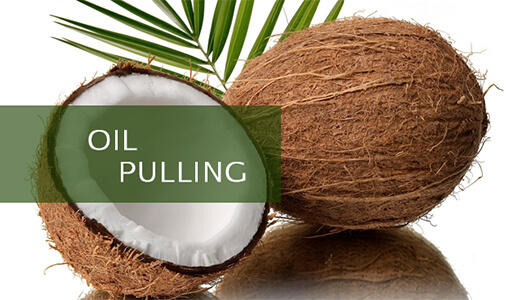
The tradition of oil pulling has taken off recently. There are now myriad web pages dedicated to the purported gains of this classical Indian practice. Oil pulling is said to manage chronic discomfort, sleeplessness, dental caries, sensitivities, thrombosis, diabetes, asthma, halitosis, gum inflammation, digestive issues, meningitis, fatigue, heart and kidney issues, etc. more. Oil pulling, according to some, is truly a life-altering therapeutic wonder. However, research-based evidence to back up these claims is hard to find.
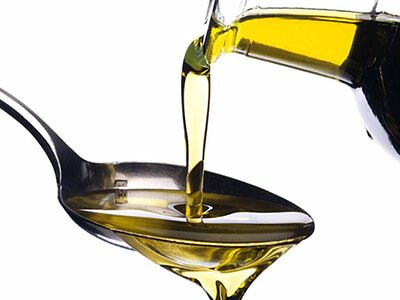
There is no highly regarded medical analysis on oil pulling, no solid explanation of how it works, and confirmation that it renders any advantage is scant. The American Dental Association recognizes that no conclusive objective studies support oil pulling to improve oral hygiene or overall wellbeing. However, preliminary investigations, chiefly dating back to 2008 and 2009, implies oil pulling — especially with coconut oil — can prevent plaque from developing. In addition, we know that coconut contains lauric acid, which holds antiseptic properties and can assist in riding the mouth of microorganisms like Streptococcus mutans, which can cause tooth decay. Finally, some claim that oil pulling with coconut oil can help reduce inflammation in the mouth and provide relief for those suffering from gum disease. But the concrete proof is lacking, and Dr. Hawryluk says you shouldn’t expect any significant benefits.
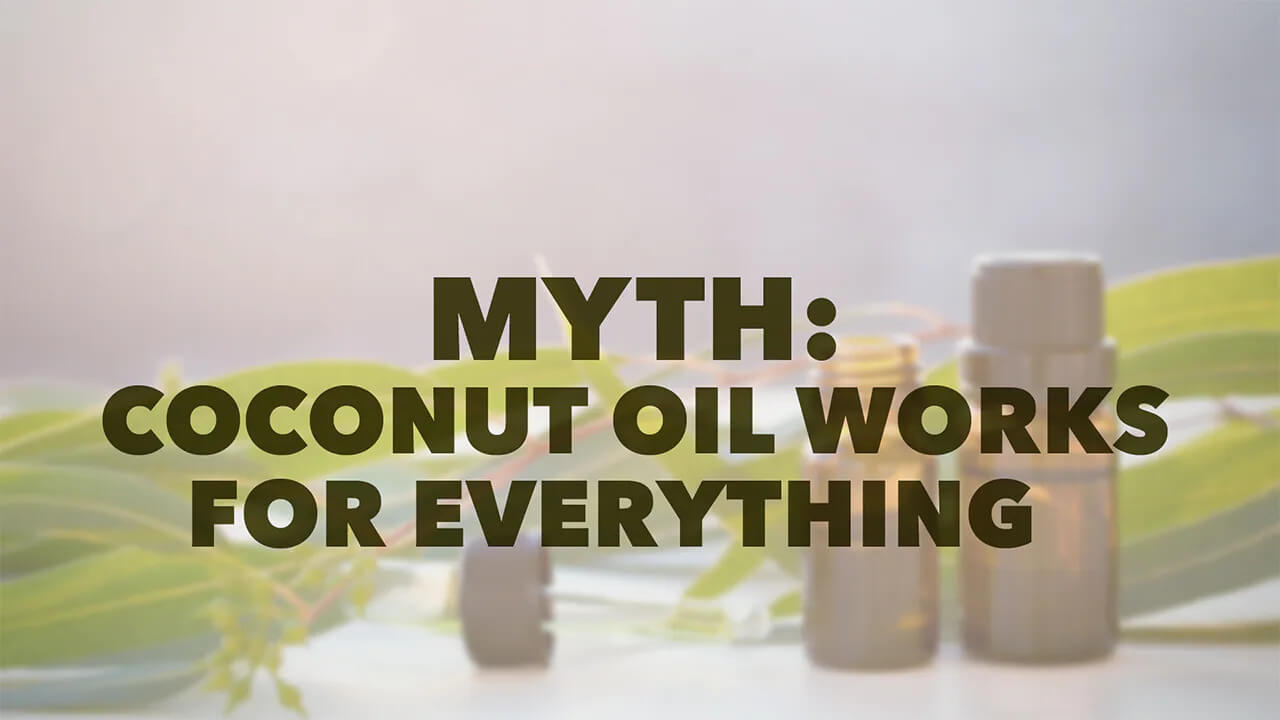
Recent reports in the media advocating oil pulling procedures usually don’t describe possible unfavorable health consequences. Still, case reports of “lipoid pneumonia” associated with oil pulling or “mineral oil aspiration” have arisen in investigations. Also, there are reports of incidents of diarrhea or upset stomach related to oil pulling.
The Canadian Dental Association evaluated the tradition of oil pulling in 2014, declaring: “We sense oil pulling will not do any injury, we are not persuaded there are any particular benefits to it.”. Likewise, the American Dental Association concluded no rigorous scientific study is demonstrating any advantage to oral health. However, a few clinical studies, mainly small-scale ones from India, suggest a possible connection with minor improvements in gum health. It important to keep in mind that the possible benefit they uncovered may be related to rinsing one mouth with a liquid (and not necessarily herbal oil).
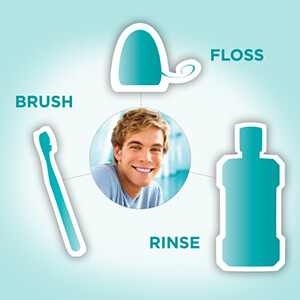
As oil pulling increases in prevalence, we see more Mississauga dental patients using oil pulling as a component of oral home care. The potential and mostly unsubstantiated advantages of oil pulling warrant more research. However, we should not use it as a replacement for flossing and brushing. We hope you have enjoyed our article, and thank you for reading!
Reference:
14 May 2014: Cheshire, Sara. “Does Oil Pulling Work?”
CNN.com. 6 August 2014; Haupt, Angela. “Should You Try Oil Pulling?”
https://www.snopes.com/fact-check/oil-pulling/
https://pubmed.ncbi.nlm.nih.gov/?term=%22oil+pulling%22
https://www.canadianacademyofdentalhygiene.ca/blog/oil-pulling-dental-health-intra-oral-dental-assistants-need-know.html
https://en.wikipedia.org/wiki/Oil_pulling
- St. Lawrence Dentistry Looks Forward To St. Patrick’s Day! - March 12, 2025
- Understanding Dental X-Rays and Radiation: What You Should Know - January 13, 2025
- Happy New Year from St. Lawrence Dentistry! - December 30, 2024



